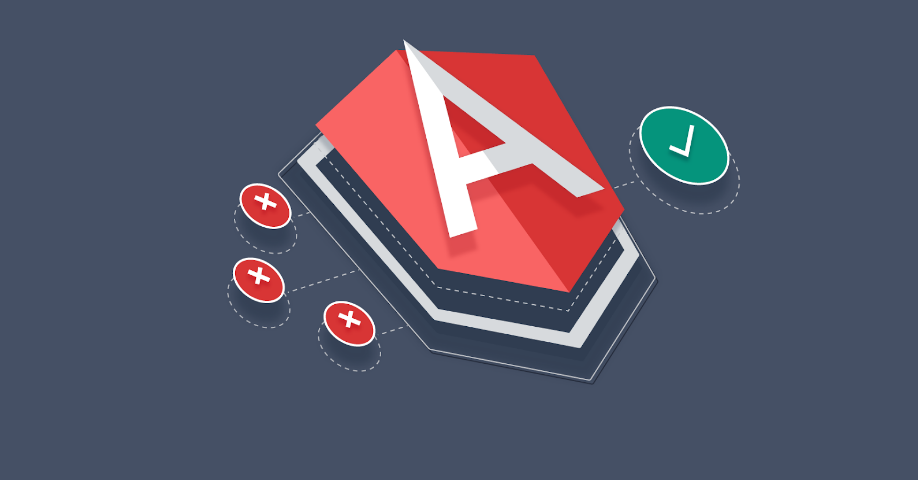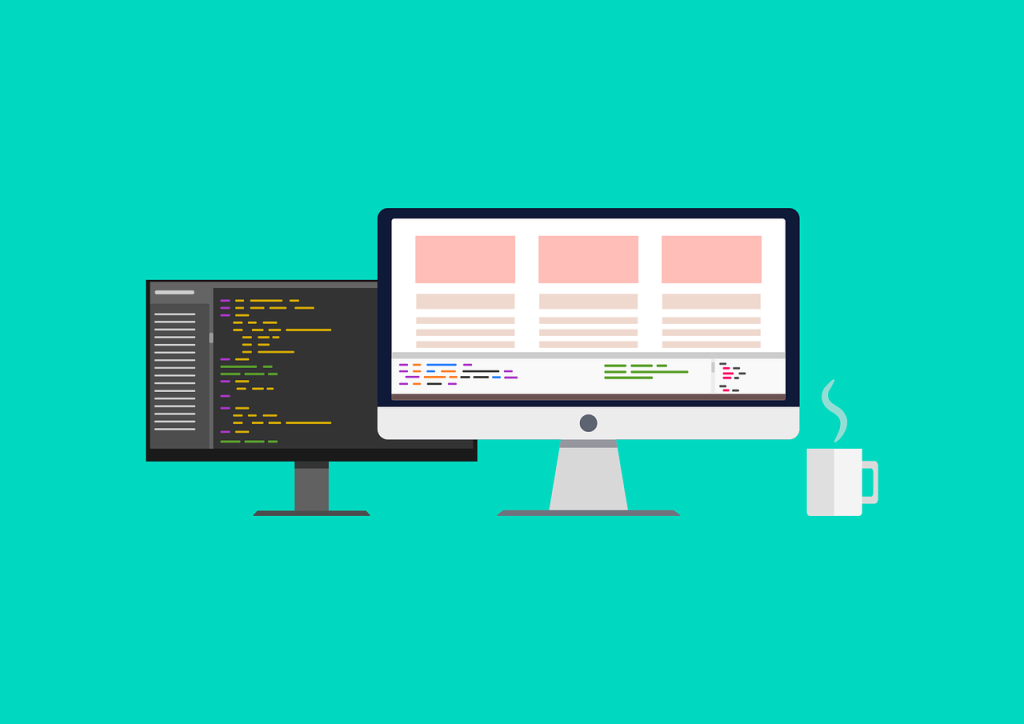All You Need To Know About Angular?

A TypeScript-based open platform and framework for building Single Page Applications, Angular is created and maintained by Google. Originally, version 2 of the well-known AngularJS framework was to be Angular. However, architectural choices like the absence of backward compatibility and the straightforward migration route for AngularJS apps to Angular 2 led Google to release it as a distinct entity. The MIT license governs the distribution of Angular. In addition to offering developers a common framework to work with, Angular offers clear benefits as a framework. It gives users the ability to create huge apps in a manageable way.
Angular: Why Use It?
A well-liked framework for creating online and mobile applications, Angular may be the best choice for creating robust, scalable, and simple-to-use web applications. The most popular client-side web application programming language is JavaScript. It is included in HTML texts to facilitate different web page interactions. Due to its extensive support, it is a straightforward, simple-to-learn language that is well-suited to developing contemporary applications. Is JavaScript the ideal language for creating modular, productive single-page applications that can be tested? Maybe not.

So, the following is a list of the benefits of using Angular:
Safety
Because Google supports Angular, it is a platform that is generally regarded as reliable.
shorter development period. By converting templates into code, Angular depends on the JavaScript virtual engine as it stands. Angular loads pages quickly as well.
Employ angular development services to provide the finest projects in accordance with your specifications, schedule, and budget.
Use of TypeScript
TypeScript is a typed superset of JavaScript that compiles to plain JavaScript. Angular applications require the development and use of TypeScript, which is a typed language. This results in less error-prone code and fewer bugs.
Great MVC Support
AngularJS was created with MVC in mind. The Model-View ViewModel (MVVM) and Model-View-Controller (MVC) are two software architectural patterns. MVC is supported by Angular 2 out of the box.
Cross-platform
Numerous platforms may support Angular-based PWAs, and native mobile applications often employ the framework. Ionic and Angular were formerly utilized as a cross-platform combination by frontend developers. Its most frequent pairing now is with NativeScript.
Use of OOPs concepts
Angular employs the concept of classes, interfaces, inheritance, data encapsulation, etc. from OOPs, which is an improvement over AngularJS.
Dependency Injection
Injectors are a design pattern used in software engineering. They manage dependencies and improve the modularity of an application by assigning objects to various roles. Dependencies are services or objects that a class needs to perform its function. Angular has a built-in dependency injection framework that helps make the code easier to develop, understand, and test.
Friendly to unit tests
Two-way data binding of modules and components is a feature of Angular that makes the code readable and consistent for unit testing. Throughout the whole process of creating an app, each unit of code is independently tested, offering thorough quality control.
A difficult learning curve
The learning curve for Angular is substantially steeper than for other frameworks. Start by learning about the whole framework, not just the fundamental JavaScript, including RxJS (a reactive library for asynchronous programming) and Typescript (used to improve maintainability and code support capabilities).
Community
A great ecosystem and community are actively maintained for Angular. There is a ton of information about the framework, including tutorials and instructions, as well as a ton of helpful third-party tools.
Despite all its benefits, Angular is not a perfect answer for every problem, and that’s alright. Every technique has a place in solving a certain problem, and for some other activities, other methods will be more practical. Making a project using Angular is simple, but determining if this approach is worthwhile or really effective is more challenging.
Angular is a powerful platform for building single-page applications. There are many front-end development frameworks available, each with its own benefits and drawbacks. When choosing a framework, it’s important to consider the needs of your project and your team. If you’re looking for a reliable and powerful framework.
Some of the potent capabilities offered by Angular are listed below:
More code: Even designing an application for DOM manipulation requires a large number of scripts. However, if utilizing Angular, a very little amount of code is sufficient for DOM manipulation.
Model View Controller: The angular framework is built on the Model-View-Controller paradigm (MVC). I assume everyone is aware that MVC is a design pattern that is employed across all web projects in the current fashion.
Unit testing: The Google development team provided us with a first-rate test framework called Karma. Creating unit tests for AngularJS apps is incredibly useful.
Data model binding: No extra code is needed when attaching data to HTML controls. The Angular framework makes it simple to bind data by just adding a little amount of code.
Desktop Apps: You can simply construct desktop apps with Angular that are installed on a variety of operating systems, including Windows, Mac, and Linux.
Virtual Scrolling: In Angular, Virtual Scrolling is primarily used to load and unload elements from the DOM. The viewable portions of lists serve as the only basis for this approach.
Conclusion
One of the best web application frameworks is already Angular. It shows that Angular is a leading provider of web development platforms and a preferred option for big businesses. The benefits of using Angular include its safety, shorter development period, friendliness to unit tests, use of TypeScript, great MVC support, cross-platform compatibility, and use of OOPs concepts. If you’re looking for a robust and reliable framework for your web application, Angular is a great choice. It’s a framework made for programmers and businesses wishing to create innovative apps.




